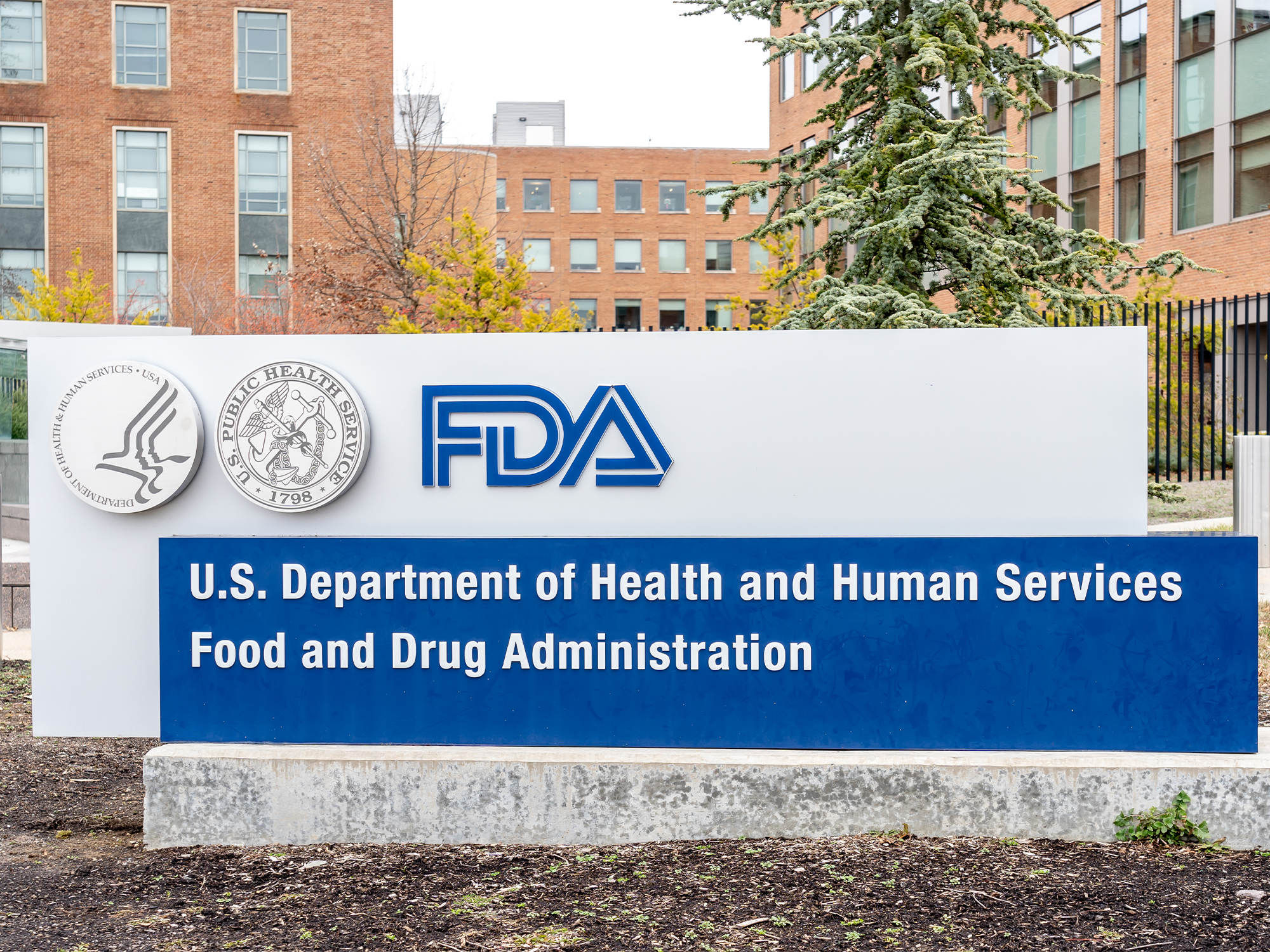

On Wednesday, the Food and Drug Administration (FDA) approved Rebyota. This is the first fecal microbiota product that the regulatory agency has ever approved. It used to prevent the recurrence of Clostridioides difficile infection (CDI) in people 18 and older and can be given after a patient has completed antibiotic treatment for recurrent CDI.
Clostridium difficile, or C. diff, is a bacteria that causes cramping, nausea, and diarrhea. It can be particularly dangerous when it recurs and is linked to roughly 15,000 to 30,000 deaths a year. Those over the age of 65 are at an increased risk for contracting CDI, but other risk factors include hospitalization, a weakened immune system, and a previous history of CDI. Some patients may get the infection again following recovery and the risk of additional recurrences increases with each infection. Treatment options for recurrent CDIs are limited, according to the FDA.
[Related: Monkeys with close friends have friendlier gut bacteria.]
“Today’s approval of Rebyota is an advance in caring for patients who have recurrent C. difficile infection,” said Peter Marks, director of the FDA’s Center for Biologics Evaluation and Research, in a statement. “Recurrent CDI impacts an individual’s quality of life and can also potentially be life-threatening. As the first FDA-approved fecal microbiota product, today’s action represents an important milestone, as it provides an additional approved option to prevent recurrent CDI.”
Inside the intestinal tract live millions of microorganisms, often called the gut flora or gut microbiome. Some situations, such as taking antibiotics to treat an infection, may change the balance of the microorganisms in the gut. This can allow C. diff to multiply and release toxins that cause diarrhea, abdominal pain, fever, and in some cases, organ failure and death.
For more than 10 years, some doctors in the United States have used stool samples from healthy donors as a way to treat CDI. The healthy bacteria in the sample from a donor’s gut can help the transplant recipients fight C. diff bacteria. Since many patients don’t respond to traditional antibiotics, using this procedure has grown more common.
However, the growing number of fecal transplant practitioners and stool banks around the US has created a regulatory mess for the FDA, since the agency doesn’t traditionally regulate medical procedures performed by doctors. As long as stool donors are carefully screened for any potential infectious diseases, the FDA has rarely intervened in using the]is procedure.
[Related: What to know about fecal transplants in the wake of the first death.]
The approved treatment is administered through the rectum in a a single dose. It is prepared from stool donated by qualified individuals, all of whom are tested for a panel of transmissible pathogens. The FDA stresses that since Rebyota is made from human fecal matter, it still may carry a risk of transmitting infectious agents and may contain food allergens. Currently, the potential for the product to cause allergic reactions from food is unknown. Adding fecal microbiota is believed to restore gut flora to prevent further episodes of CDI.
Rebyota’s safety was assessed from two randomized, double-blind, placebo-controlled clinical studies and from open-label clinical studies conducted in the US and in Canada. In the studies, 70 percent of patients taking Rebyota had their symptoms resolved after eight weeks, compared with 58 percent of patients who received a placebo.
The new therapy is made by Swiss company Ferring Pharmaceuticals Inc. at a facility in Minnesota.
